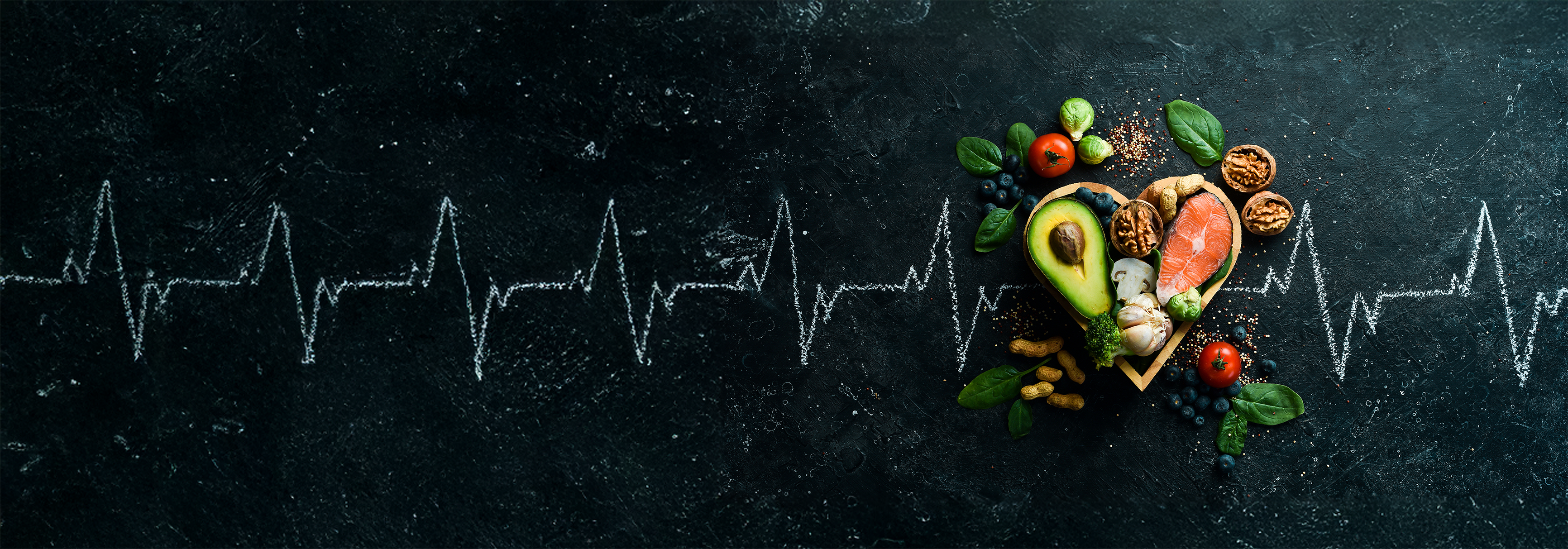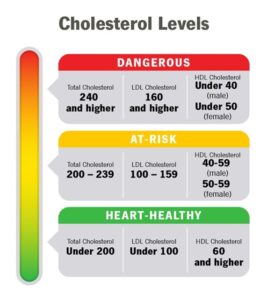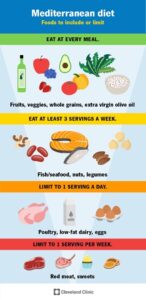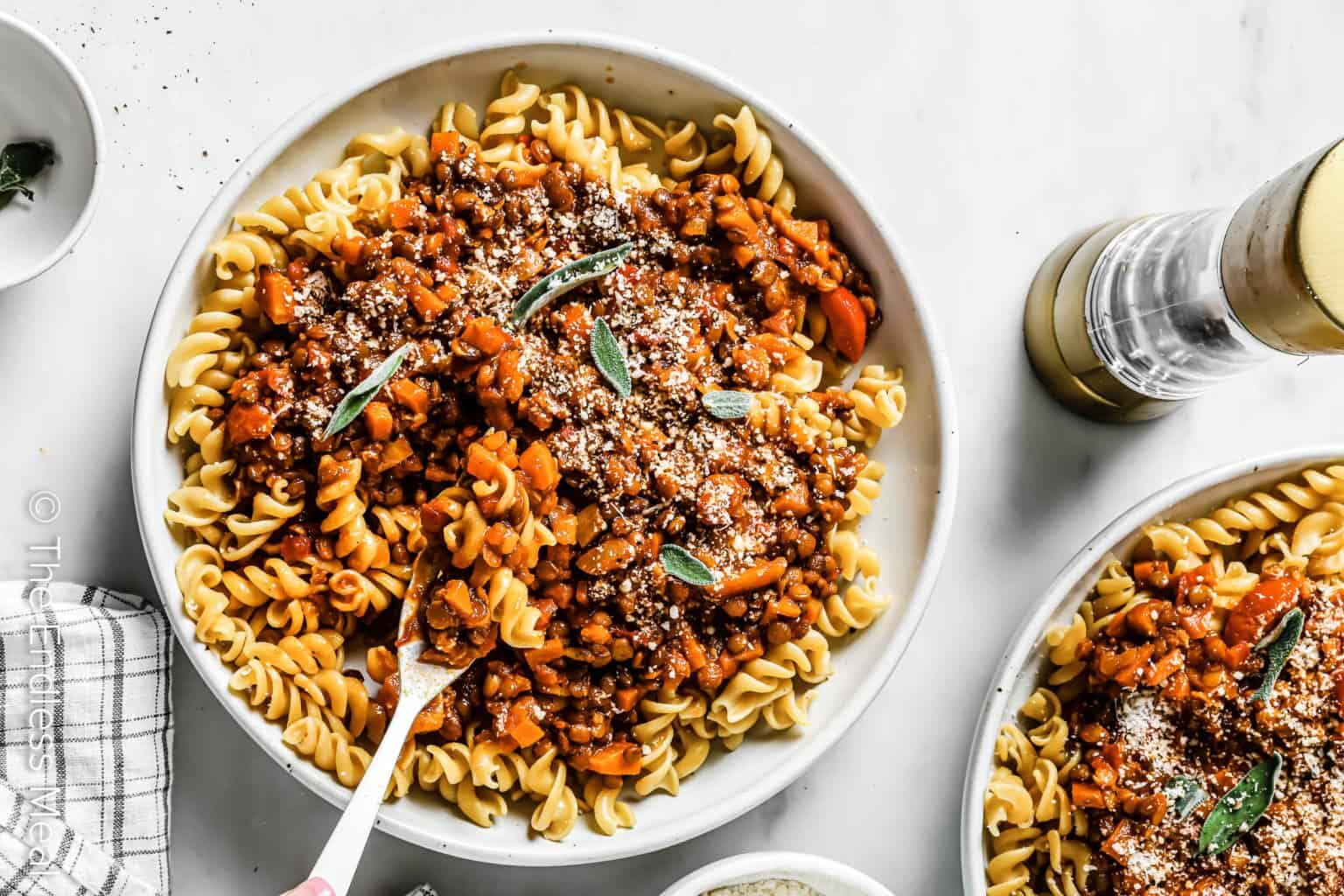
Cholesterol 101
Cholesterol 101
What is cholesterol?
Cholesterol is a waxy, fat-like substance made in the liver that is essential for important bodily functions, such as building cells and making certain vitamins and hormones. Our bodies produce all the cholesterol we need, so it is not necessary to get cholesterol from the food we eat.
Where does dietary cholesterol come from?
Dietary cholesterol is found only in animal products, including meat, poultry, seafood, eggs, and dairy products. Saturated fats from tropical oils, such as palm oil, palm kernel oil, and coconut oil, can increase blood cholesterol levels, even though they do not contain cholesterol.
Trans fats can also raise cholesterol. They are present in some commercial baked goods, microwave popcorn, shortening, margarine spreads, and nondairy creamers. Although the FDA has banned added trans fats, small amounts (less than 0.5 grams per serving) can still be found in some processed foods. Look for “partially hydrogenated oil” on the ingredients list to see if your food contains trans fats.
Why is it important to know your cholesterol?
Having high cholesterol, also called hyperlipidemia, increases your risk for cardiovascular diseases, such as heart disease and stroke. Cholesterol can build up in the walls of your arteries, making them narrower. This narrowing can block blood flow to and from your heart and other organs, including your brain.
What are the different types of cholesterol?
Total cholesterol (TC) is the total amount of cholesterol circulating in your blood. It is made up of two main types:
-
Low-density lipoprotein (LDL) cholesterol – also called “bad” cholesterol. It contributes to plaque buildup that narrows your arteries.
-
High-density lipoprotein (HDL) cholesterol – known as “good” cholesterol. HDL carries cholesterol away from the arteries and back to the liver, where it is broken down and removed from the body.
Triglycerides (TG) are usually measured along with cholesterol. They are the most common form of fat in the body and store excess calories. High triglyceride levels, combined with high LDL or low HDL cholesterol, are linked with fatty buildups in the arteries.
What are healthy cholesterol levels?
Cholesterol numbers in the heart-healthy range can help lower your risk of heart disease.
(Source: My.ClevelandClinic.org)
What are risk factors for high cholesterol?
-
Type 2 diabetes – lowers HDL and raises LDL
-
Obesity – lowers HDL and raises LDL
-
Family history – some people may have high cholesterol even at a young age
-
Smoking
-
Age – risk increases with age
-
Sex – men generally have higher risk
-
Sedentary lifestyle
-
Diet high in saturated and trans fats
What dietary and lifestyle changes can lower cholesterol and the risk of heart disease?
-
Quit smoking – smoking damages blood vessels and increases cholesterol levels.
-
Get active – aim for 150 minutes of moderate-intensity activity each week.
-
Lose weight – even a small amount of weight loss can improve cholesterol levels.
-
Manage stress
-
Get enough sleep – aim for about 8 hours per night.
-
Eat a heart-healthy diet, such as the Mediterranean Diet:
-
Reduce saturated fats from meats, butter, cheese, and processed foods.
-
Eliminate trans fats by avoiding foods with “partially hydrogenated oil” listed in the ingredients.
-
Choose lean proteins such as fish, skinless poultry, and beans.
-
Increase fiber by eating more whole grains, fruits, and vegetables. Make half your plate fruits and vegetables at each meal and snack.
-
Choose heart-healthy fats, like avocado, nuts, seeds, and olive oil.
-
Limit alcohol intake, as it can increase cholesterol levels.
-
Limit processed foods, especially sugary snacks and drinks.
-
Eat foods high in omega-3 fats, such as salmon, tuna, flaxseeds, and walnuts.
-





